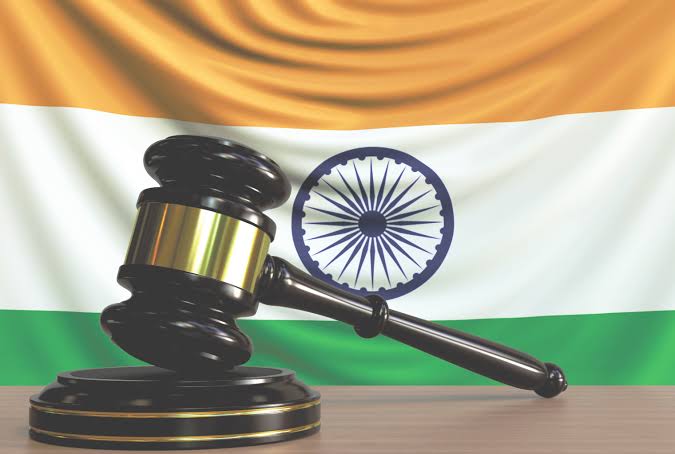The bench led by the Chief Justice of India (CJI) noted after hearing the plea that the petitioner’s requests are more legislative in nature. A Public Interest Litigation (PIL) that sought to create rules and a set of guidelines for cryptocurrency trading in India was denied consideration by the Indian Supreme Court.
The bench led by the Chief Justice of India (CJI) reportedly stated that the petitioner’s demands are more legislative in nature after hearing the plea. The bench, which included Justice JD Pardiwala and Manoj Misra, rejected the plea due to the nature of the petition.
The Supreme Court observed that the petitioner’s primary goal is to obtain bail, even though the petitioner filed a PIL asking for rules and regulations regarding cryptocurrencies and their trading.
Notably, the petitioner, Manu Prashant Wig, is being detained by the Delhi Police in relation to a cryptocurrency case. 2020 saw the filing of a case by the Delhi Police’s Economic Offence Wing (EOW), which charged Wig with encouraging people to invest in cryptocurrency with the promise of greater profits.
The report claims that Wig was one of the directors at Blue Fox Motion Picture Limited, where she encouraged people to invest. The victims then notified Delhi’s Economic Offence Wing (EOW) about the fraud. A lawsuit was filed by 133 investors or victims who had invested their money.
Manu Prashant, the petitioner, filed a Public Interest Litigation (PIL) seeking relief from judicial custody and demanding rules and a framework for cryptocurrency trading in India. Even though the petitioner was denied permission to file a PIL, the bench allowed the imprisoned petitioner to continue pursuing legal action and to contact other appropriate authorities.
The bench, presided over by Chief Justice Chandrachud, recommended the petitioner to seek bail from a different court during the hearing. The court expressed scepticism regarding the request for regulations pertaining to cryptocurrency trading, pointing out that these are matters for legislation. The court emphasised that Article 32 of the Indian Constitution does not permit it to give orders.
The lack of defined regulations, policies, or frameworks for managing cryptocurrencies makes the state of cryptocurrency trading in India controversial. According to reports, India is creating a framework for regulating cryptocurrencies based on suggestions made jointly by the Financial Stability Board (FSB) and the International Monetary Fund(IMF).


